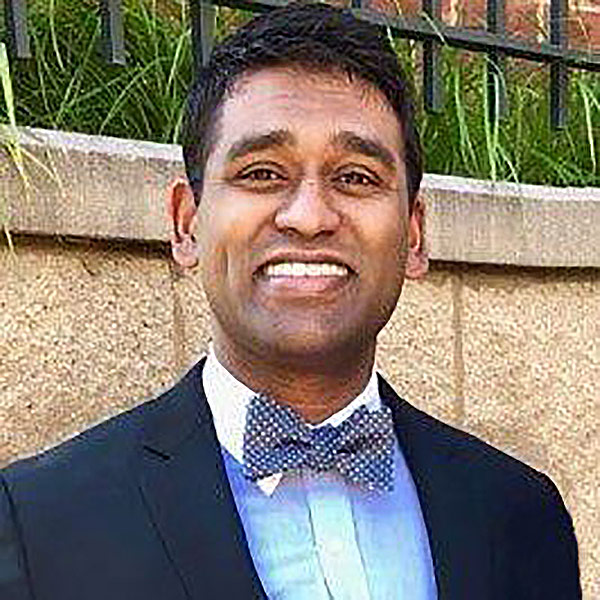The FIT Financial Foundation

As doctors, we are constantly learning. Every day we push our understanding of cardiology and the mysteries within the heart. Although we strive every day to understand our vital organ better, we often neglect to learn about finance. I started learning about money in medical school once I realized that financial education was largely ignored and I was about to shortly face six figures of debt. It can be hard to sift through the enormous amount of self-help finance books, and many are less relevant to health care professionals. There are a few gems though that provide a foundation, or at least provided my financial foundation. Here is my list:
The White Coat Investor - James M. Dahle, MD
Many trainees know about his book. If you haven't read it or even skimmed through it, you should, like now. This book was initially a blog that the author turned into a book. The blog itself is a goldmine of information tailored to physicians. Dahle discusses what he calls the "Big Squeeze," which is something we are all feeling in medicine as we spend more and more time on the computer than we do with the patients we signed up to help. It is worth reading in order to gain an appreciation of the need for doctors to have a strong financial foundation.
Key quotes:
- "The Big Squeeze," which is simply this: it costs more to get the job, the job pays less once you get it, and increasing liability and compliance concerns make the job less pleasant."
- "An employee by definition is never paid what that person is worth. - This applies to medicine just as much as it applies in other businesses.
- "Money isn't everything, but to pretend it doesn't matter at all probably is a mistake." - I understand that talking about money is just about as taboo as politics and religion, but I'm not sure it helps us. Even those that "don't worry about money" end up worrying about money.
The Total Money Makeover - Dave Ramsey
Dave Ramsey has a strong, in-your-face energy. His book reads like a fired up southern pastor. He has a radio show and podcast where he drops a lot of hate towards doctors because we are notoriously silly with our money. While other books tend to be vague and complicated, Ramsey gives us a clear-cut, simple plan to follow. First, he promotes creating a budget and then moves on to his seven steps:
- Save $1,000 into an emergency fund
- Aggressively pay off all debts using a debt snowball (aggressively paying off one debt while making minimum payments to the others)
- Save three to six months of expenses
- Put 15% into a retirement account
- Save for kid's college
- Pay off mortgage
- Build wealth by investing
Key quote:
- "We buy things we don't need with money we don't have to impress people we don't like."
I Will Teach You to Be Rich - Ramit Sethi

Ramit Sethi writes like a kid in his twenties because that is how old he was when he started writing his website-turned-into-book, I Will Teach You to Be Rich. Sethi dives into the nitty gritty of personal finance to the point of giving written scripts for dealing with credit card companies. He advocates for systems to make investing or saving your money effortless. For instance: saving Dave Ramsey's $1,000 emergency fund (as above) is as simple as creating a savings account and setting up automatic deposits. To me, ideas like that are worth the cost of the book.
Key quote:
- "Sadly, although some people are limited by circumstances, most people will never get rich simply because they have poor attitudes and behaviors about money."
Rich Dad, Poor Dad - Robert Kiyosaki
This book caused a frameshift mutation in my thinking. Kiyosaki delves deep into the psychology of his rich dad and poor dad and weaves in the important financial concepts. There are some polarizing sentences, so this book is not for the faint of heart. If you can get through the book, you will be rewarded with a new way of thinking: money is a tool. As a businessman, Kiyosaki encourages his readers to nurture their entrepreneurial side. This creates financial stability, not through a job, but through multiple streams of income and making money work for you.
Key quotes:
- "It's like planting a tree. You water it for years, and then one day it doesn't need you anymore. Its roots are implanted deep enough. Then the tree provides shade for your enjoyment."
- "Today, I often meet people who are too busy to take care of their wealth. And there are people too busy to take care of their health." - How many times do we see this in medicine?
The 4-Hour Workweek: Escape the 9-5, Live Anywhere and Join the New Rich - Tim Ferriss
The audacious title is not for people in the medical field. The book has plenty of examples of other people that set up online businesses to create a life that they want to live. There are pearls for fellows though. While we are not in control of our working lives at the present moment, we will be looking for our first attending position soon. Therefore we should keep in mind that the pay or the prestige should not be the focus. Instead, it is important to think about how much we will be expected to work, what productivity looks like to the hospital, how much call do we have to take, or cost of living in a specific location.
Key quote:
- "Who is better off: the person on $40K per year but working 30 hours a week, living well within their means, investing aggressively and spending the rest of their time pursuing other passions, or the Investment Banker on $400K working 100 hours a week, sacrificing their long-term health, and living a very expensive lifestyle." - This quote really hits it home. For me, my long-term health is worth more than egregiously long working hours or an expensive lifestyle. Long-term health, like time, cannot be gained back once lost.
ACC Members, discuss
this on Member Hub.
This content was developed independently from the content developed for ACC.org. This content was not reviewed by the American College of Cardiology (ACC) for medical accuracy and the content is provided on an "as is" basis. Inclusion on ACC.org does not constitute a guarantee or endorsement by the ACC and ACC makes no warranty that the content is accurate, complete or error-free. The content is not a substitute for personalized medical advice and is not intended to be used as the sole basis for making individualized medical or health-related decisions. Statements or opinions expressed in this content reflect the views of the authors and do not reflect the official policy of ACC.